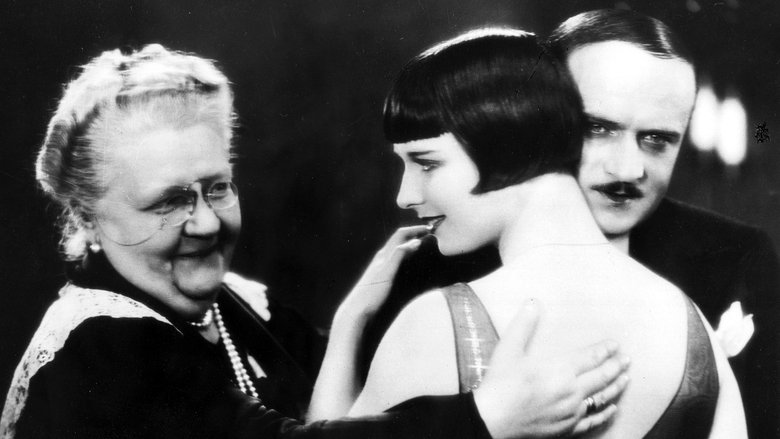Tagebuch einer Verlorenen Review
When they were leaving the world premiere of G. W. Pabst's film "Pandora's Box" (1928), Louise Brooks could hear her name in the crowd around her, but she didn't like the tone they were using. She asked Pabst what they were saying. He translated: "She doesn't act. She does nothing." This perhaps delighted the great German director, who also chose Brooks to star in his next film, "The Diary of a Lost Girl" (1929).
In her autobiographyLulu in Hollywood,one of the most charming and honest books about the movies ever written, Brooks says Pabst refused to discuss the details of a performance with her and never held group discussions with his actors: "He wanted the shocks of life to release unpredictable emotions." Nor did he encourage his actors to associate with one another. "Every actor has a natural animosity toward every other actor, present or absent, living or dead," she writes, and Pabst used that tension to enhance the emotions in a scene. She tells another story. In the scenes in their films where Brooks wears thin dresses or nightgowns while dancing with an actor, he forbid her to wear anything under them. "No one will know," she told him. "The actor will know," he said.
In not acting, in "doing nothing," Louise Brooks became one of the most modern and effective of actors, projecting a presence that could be startling. Among those who know the movies, It might be true to say that Brooks is one actor who still, to this day, inspires deep affection. She is so simple, so direct, sothere.Watching her fourth-billed in "The Show-Off" (1926), I watched her effortlessly steal every scene she was in. The others were there in front of the camera. She seemed actually in the scenes.
I don't mean to suggest that in "not acting" Brooks was wooden or robotic. There was no doubt when she was expressing sadness, happiness, enthusiasm, fear. But she suggested an unusual degree of self-possession; in the middle of a happy scene, the others might act out mirth, but her reaction would be more one of regarding it, recognizing it. Her job as an actress wasn't to lead us in the proper reaction. It was to observe its reality.
Popular Videos
-
WATCHEDWe shed enough tears in the first film, now it's time to heal our wounds. The official trailer is out for . #trailerSen Büyümeye Bak
-
WATCHEDTo mend their troubled relationship, a middle-aged door-to-door salesman, Leon, takes his teenage son on a camping trip into deep rural Appalachia. Little do they know of the mountainous region's sinister secrets. The official trailer is out for . #trailerHangman
-
WATCHEDWatch the official trailer for . #trailerSummer Solstice











